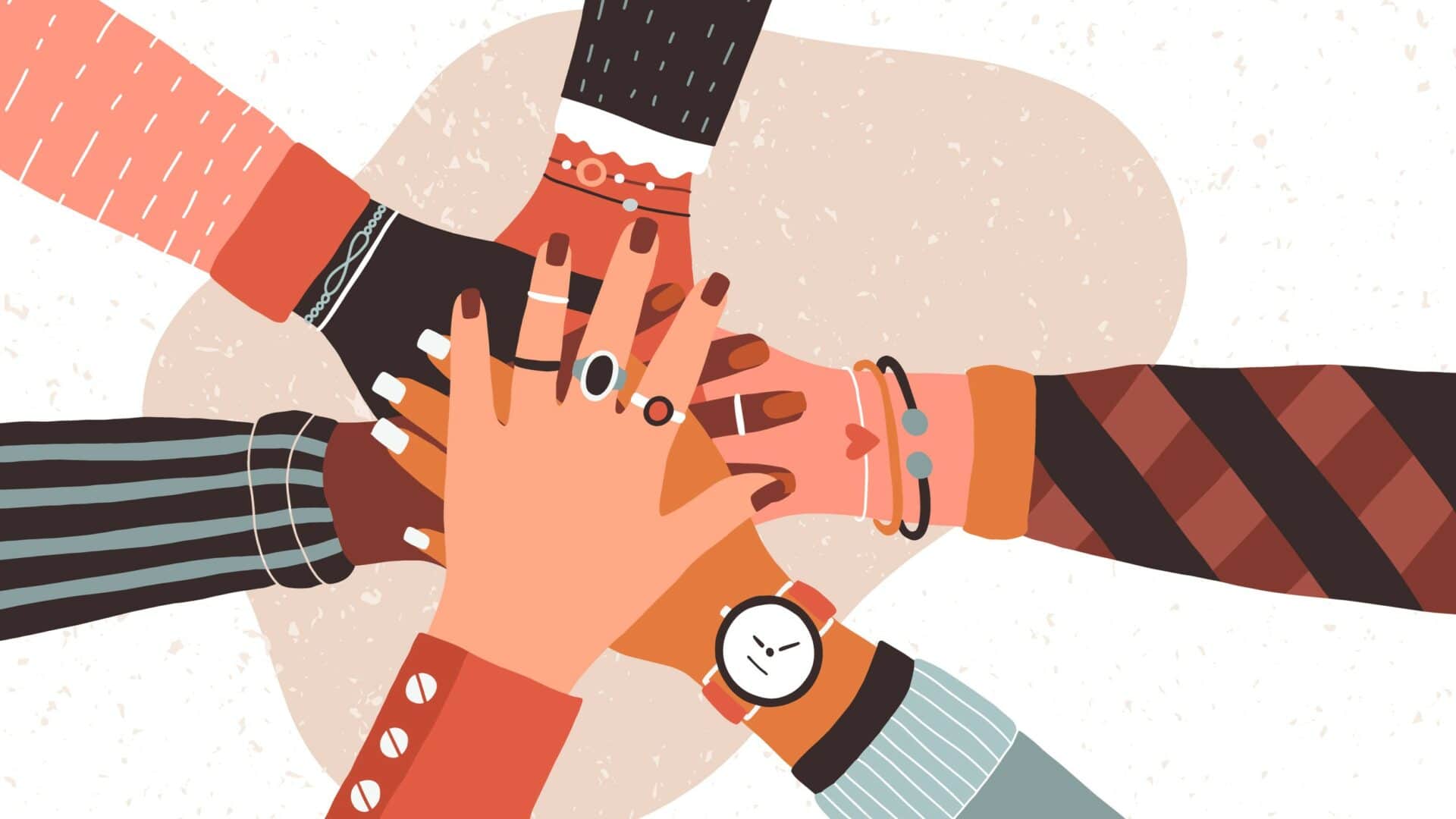According to the National Institute on Deafness and Other Communication Disorders (NIDCD), 2 to 3 out of every 1000 children in the United States are born with hearing loss. Children who grow up with hearing loss have a unique experience and audiologists have a significant impact on many of these children’s lives. From identification, diagnosis, fitting, and habilitation to case management, audiologists have many opportunities to create pivotal moments with the children they service. For many doctoral audiology students and new audiologists, children and adolescents can be an intimidating population to mentor. Below are five ideas to help facilitate positive memories and experiences for children growing up with hearing loss.
- Share information about opportunities that can connect them with other children with hearing loss. This will help your youngest patients feel connected and realize they are not “the only ones” with hearing loss. Many national and state organizations have summer camps specifically geared towards children with hearing loss. For example, the Lions Bear Lake Camp of Michigan hosts a family camp, a sleep-away camp for children, and a teen leadership program for youth with hearing loss who utilize spoken language. A majority of the counselors wear hearing aids or have cochlear implants which provides attendees with role models, empathetic friends, and lifelong memories. The Holley Institute also has a similar camp for Deaf children. At Ohio State University, Dr. Gail Whitelaw and Dr. Carrie Spangler host CampUS. This is a transition camp for high school students who are interested in attending college facilitated by young adults with hearing loss. A parent session is also incorporated into the CampUS program. On a national level, the Alexander Graham Bell Association (AGB) has the annual Leadership Opportunities for Teens (LOFT) in varying locations around the country.Youth events and family gatherings also present an opportunity for children to connect and build a community around hearing loss. Local chapters of the AGB host conferences and events. State chapters of Hands and Voices also host playgroups, meet and greets, and picnics. In Michigan, the Hands and Voices chapter has created a Role Models group to connect families and children with successful adults who have a variety of hearing loss experiences. The Hearing Loss Association of America hosts an annual Walk4Hearing fundraiser and many local Deaf organizations also host events for children.
- Share information about Youtubers, publications, or blogs. This helps children feel less isolated and normalizes hearing loss. For example, DJ Sanders and Jessica Flores are fun Youtubers with a positive message. You may want to suggest that parents watch these videos prior to their children as some content is more mature. The Hearing Our Way Magazine is a child-friendly magazine with fun stories, activities, and features student spotlight in each issue.
- Express enthusiasm for fun color choices of hearing aids, earmolds, and tubing. This helps children and parents take ownership of devices and adds a sense of excitement to something that is often emotionally loaded or minimized. Hearing loss can be something that parents and children try to hide for fear of appearing different. However, supporting self-expression helps children accept hearing loss as a positive part of their identity.
- Encourage connectivity with cell phones, televisions, iPads, computers, etc. Children using hearing aids or implants have some of the latest technology. This can be an awesome conversation for them to have with friends. After all, nobody else can listen to music without earbuds! Children that use digital modulation technology carry around an extra pen but it’s really a microphone. Every child loves cool technology!
- Remember that these children are more than their hearing loss! Have fun getting to know your youngest patients. Ask them about school, sports, friends, their hobbies, their families, etc. to start a conversation.
Samantha Kesteloot is in her third year of the audiology program at Wayne State University in Detroit, Michigan. Sam is finishing up her term as the President of WSU-SAA. She is also involved with national SAA as the State Ambassador for Michigan and as a member of the SLAC Task Force. Sam has grown up with hearing loss, she wears a Hybrid implant in her left ear and a hearing aid in her right ear. Prior to pursuing an AuD. Sam provided special education to students with hearing loss as an audiology assistant. Because of her personal and work experience, she hopes to practice in an educational setting. Sam has developed and facilitated multiple teen programs at conferences in Michigan and is involved in leadership programs at camps for children that have hearing loss. Building the self-advocacy skills and empowering children growing up with hearing loss is what keeps Sam passionate about audiology.
Related Posts
Navigating Hearing Loss: Challenges, Friendships, and Advocacy
By Kaley Graves Communication is crucial for childhood social development, which is why early intervention is so important! Audiologists and audiology students should strive to ensure that each child has equal opportunities to develop speech and language skills with appropriate amplification to minimize delays in social development. Establishing relationships in childhood can be difficult as…
Striving for Social Inclusion: Still a Dream for Individuals with Hearing Loss
By Komal Aggarwal, MSc My name is Komal Aggarwal. Currently I work as a clinical audiologist at Amity University in Haryana, India. I am a recent postgraduate (MScAudiology) from Manipal Academy of Higher Education in Karnataka, India (2022). I received my bachelor’s degree in audiology and speech-language pathology from Amity University in Haryana, India (2018)….


